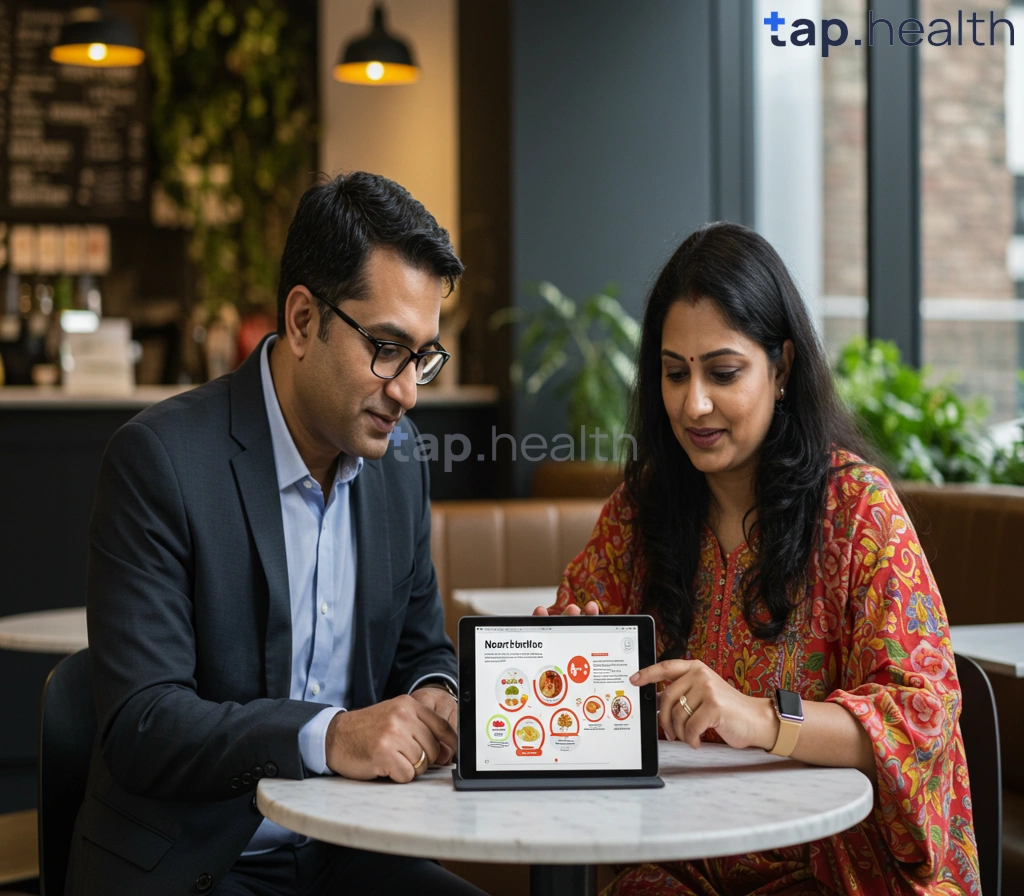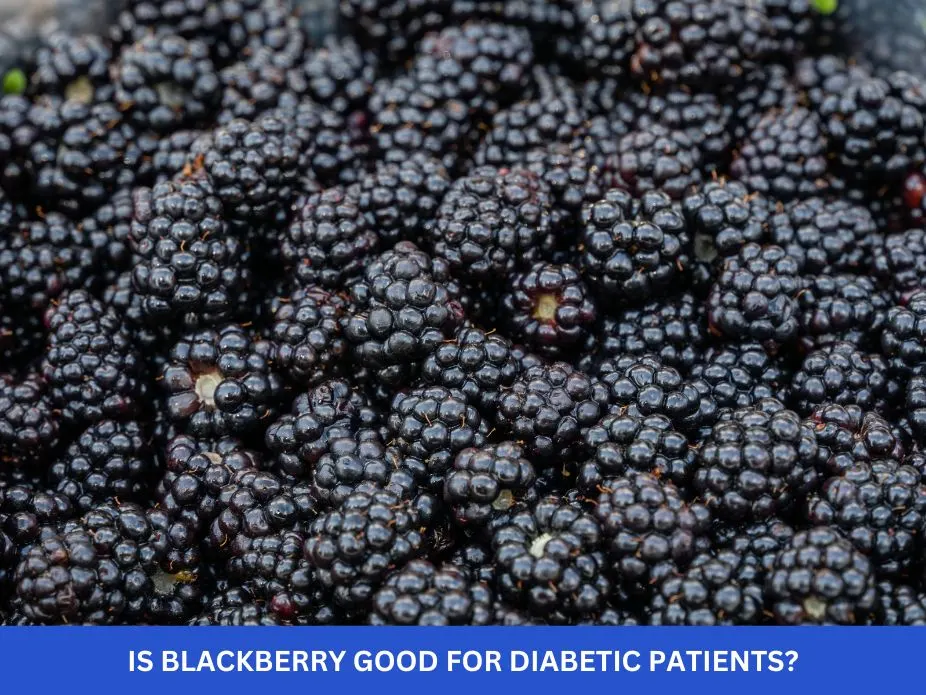Table of Contents
- Diabetes & Heart Health: Nutrition Tips for Better Outcomes
- Protecting Your Heart: A Diabetic’s Guide to Healthy Eating
- Diabetes and Cardiovascular Health: What to Eat, What to Avoid
- Nutritional Strategies for Preventing Heart Disease with Diabetes
- Video & Audio Guide: Diabetes-Friendly Recipes for Heart Health
- Frequently Asked Questions
- References
Living with diabetes can feel like navigating a minefield, especially when it comes to your heart health. Understanding the connection between diabetes and heart disease is crucial, and that’s why we’ve created this comprehensive guide: Diabetes & Heart Health: A Nutrition Guide (Video & Audio). We’ll explore simple, yet powerful, nutritional strategies to help you manage your blood sugar and protect your heart. Get ready to discover practical tips and actionable advice presented in both video and audio formats for your convenience. Let’s embark on this journey together towards a healthier you!
Diabetes & Heart Health: Nutrition Tips for Better Outcomes
Managing diabetes, especially in the context of prevalent heart disease in Indian and tropical countries, requires a focused approach to nutrition. Understanding carbohydrate intake is crucial. For many individuals with diabetes, aiming for around 45–60 grams of carbohydrates per meal is a common recommendation, though individual needs vary greatly. This should be tailored with the help of a doctor or registered dietitian, considering factors like activity levels, age, and overall health. It’s not just about the quantity, but also the quality of carbohydrates.
Prioritizing Healthy Carbohydrate Choices
Opt for complex carbohydrates like whole grains (brown rice, millets, oats – readily available and culturally relevant in many Indian and tropical regions), legumes (lentils, chickpeas, beans), and starchy vegetables (sweet potatoes, taro) over refined carbohydrates (white bread, white rice, sugary drinks). These complex carbs provide sustained energy and help regulate blood sugar levels more effectively. Including fiber-rich foods is especially important, as they aid digestion and contribute to overall heart health.
Incorporating Heart-Healthy Fats & Proteins
In addition to carbohydrate management, incorporating healthy fats and proteins is vital for both diabetes and heart health. Focus on lean protein sources like fish (rich in omega-3 fatty acids), poultry, and legumes. Healthy fats from sources like avocados, nuts (almonds, cashews – widely consumed in the region), and seeds contribute to heart health and satiety, which can be helpful in managing weight and blood sugar.
Regional Considerations & Practical Tips
Many traditional Indian and tropical diets already incorporate many of these elements. However, adapting them to modern lifestyles requires mindful choices. Minimize processed foods, sugary snacks, and excessive saturated and trans fats. Consider incorporating spices like turmeric and ginger, known for their anti-inflammatory properties, which may benefit both diabetes and heart health. Remember to consult a healthcare professional or registered dietitian for personalized dietary advice tailored to your specific needs and regional food preferences. Taking proactive steps towards a healthier diet can significantly impact your long-term well-being. For more in-depth strategies, check out our guide on 10 Proven Tips for Effective Diabetes Management. And to learn more about protecting your heart, read Protect Your Heart from Diabetes: 5 Essential Steps.
Protecting Your Heart: A Diabetic’s Guide to Healthy Eating
Diabetes significantly increases your risk of heart disease, and for smokers with diabetes, the risk is doubled, leading to twice the mortality rate from cardiovascular issues. This underscores the critical importance of adopting a heart-healthy diet if you have diabetes, especially prevalent in Indian and tropical countries where certain dietary habits may need adjustments.
Understanding Your Dietary Needs
Managing blood sugar levels is key to protecting your heart. This means focusing on foods that are low in saturated and trans fats, cholesterol, and sodium. In Indian and tropical contexts, this may involve reducing the intake of fried foods, rich curries, and processed snacks that are common in many regional cuisines. Prioritize whole grains like brown rice and roti made from whole wheat flour over refined grains. Increase your intake of fruits and vegetables, particularly those rich in antioxidants, readily available in many tropical regions.
Actionable Steps for a Healthier Heart
Choose lean protein sources like fish, chicken breast, and lentils. Limit red meat consumption. Incorporate healthy fats like those found in avocados, nuts, and olive oil. These healthy fats can help regulate blood sugar and reduce inflammation. Remember to control portion sizes to manage your calorie intake effectively. Consider consulting a nutritionist or doctor specializing in diabetes management for personalized dietary advice relevant to your region and specific needs. Regular exercise, alongside a healthy diet, is crucial for overall heart health and blood sugar control. As you age, managing your diabetes becomes even more critical, so check out our guide on Managing Diabetes as You Age: Challenges and Solutions for additional support.
Prioritizing Your Heart Health
By making conscious dietary changes, you can significantly reduce your risk of heart disease and improve your overall well-being. This is especially important in regions like India and other tropical countries where both diabetes and heart disease are significant health concerns. Take control of your health today and make informed food choices that protect your heart for a healthier, longer life. Planning to travel soon? Don’t forget to read our tips on Traveling with Diabetes: Essential Tips for a Safe & Healthy Journey to ensure a smooth and healthy trip.
Diabetes and Cardiovascular Health: What to Eat, What to Avoid
Diabetes significantly increases the risk of cardiovascular disease (CVD), a leading cause of death globally. This is especially concerning considering that 61% of people with diabetes are aged between 20-64 years, a crucial working age group in many Indian and tropical countries, according to the International Diabetes Federation. Understanding the link between diet and both conditions is vital for preventative healthcare.
Foods to Emphasize:
Prioritize whole grains like brown rice and millets, abundant in Indian and tropical diets. These provide sustained energy release and fiber, crucial for blood sugar control. Lean proteins, such as lentils, beans, and fish, are also essential. Incorporate plenty of fruits and vegetables rich in antioxidants and vitamins, readily available in many regions. Spices like turmeric and cinnamon, common in Indian cuisine, possess anti-inflammatory properties beneficial for heart health. Remember portion control to manage blood sugar levels effectively. For more ideas on specific foods to include in your diet, check out 20 Best Foods for People with Diabetes – Tap Health.
Foods to Limit or Avoid:
Refined carbohydrates like white bread and sugary drinks should be minimized. These cause rapid spikes in blood sugar, increasing CVD risk. Similarly, limit saturated and trans fats found in processed foods, fried snacks, and red meat. These contribute to high cholesterol, a major CVD risk factor. Excessive salt intake is also detrimental to heart health; opt for fresh herbs and spices for flavor instead. Managing cholesterol is particularly important with diabetes; learn more about that in How to Manage Cholesterol Levels with Diabetes?
Region-Specific Considerations for India and Tropical Countries:
Many traditional diets in these regions already feature heart-healthy components. However, the increasing adoption of Westernized diets presents a challenge. Focus on incorporating more fresh, locally sourced produce and minimizing processed foods. Consulting a nutritionist specializing in diabetes management can provide personalized guidance, taking into account individual dietary preferences and cultural practices. Taking proactive steps to manage diabetes and heart health is critical for a long and healthy life.
Nutritional Strategies for Preventing Heart Disease with Diabetes
Diabetes significantly increases your risk of heart disease, a leading cause of death globally, especially in India and other tropical countries. However, the good news is that up to 80% of Type 2 diabetes cases can be delayed or prevented through lifestyle changes, including adopting a heart-healthy diet. This is crucial, given the high prevalence of diabetes in our region.
Prioritizing Heart-Healthy Foods
A balanced diet forms the cornerstone of diabetes and heart disease prevention. Focus on incorporating foods rich in fiber, like whole grains, legumes (dal, rajma), and vegetables common in Indian cuisine. These help regulate blood sugar levels and reduce cholesterol. Include lean protein sources like fish, poultry, and lentils. Limit saturated and trans fats found in processed foods, fried snacks, and red meat, which are particularly prevalent in many tropical diets.
Managing Carbohydrate Intake
Carbohydrates are essential, but managing their intake is key. Opt for complex carbohydrates that digest slowly, preventing blood sugar spikes. Choose whole grains over refined grains, and be mindful of portion sizes. Fruits are excellent sources of natural sugars, but moderation is still important for blood sugar control. Consider incorporating traditional Indian spices like turmeric and cinnamon, known for their potential anti-inflammatory and blood sugar-regulating properties. For more specific guidance on managing your carbohydrate intake, you might find our Diet Chart for Diabetic Patients to Control Diabetes helpful.
The Importance of Hydration & Regular Physical Activity
In hot and humid climates, maintaining adequate hydration is critical. Staying hydrated helps regulate blood sugar and supports overall health. Remember that lifestyle changes are equally crucial. Regular physical activity, even a simple 30-minute walk daily, significantly improves heart health and blood sugar control.
Tailoring Your Diet for Regional Needs
Adapting these strategies to regional tastes and availabilities is key. Explore local fruits, vegetables, and whole grains appropriate for your climate. Consult a doctor or registered dietitian for personalized dietary advice tailored to your specific needs and health conditions. Taking control of your diet is a powerful step towards a healthier heart and life. If you’re considering dietary supplements as part of your plan, be sure to check out our guide on Safe and Effective Dietary Supplements for Diabetes Care to ensure you’re making informed choices.
Video & Audio Guide: Diabetes-Friendly Recipes for Heart Health
Women with diabetes face a significantly increased risk of heart disease, a staggering 40% higher than men with the condition. This stark reality underscores the critical need for proactive heart health management, particularly through dietary choices. This video and audio guide provides practical, diabetes-friendly recipes tailored to the needs of individuals in Indian and tropical countries, where access to fresh produce and specific dietary staples varies.
Prioritizing Heart-Healthy Eating in Tropical Climates
Many heart-healthy staples are readily available in Indian and tropical regions. Focusing on low-glycemic index (GI) foods is crucial for managing blood sugar levels. This includes incorporating plenty of leafy greens like spinach and amaranth, which are rich in essential vitamins and minerals. Legumes such as lentils and chickpeas are excellent sources of fiber and protein, helping to regulate blood sugar and cholesterol. Incorporating spices like turmeric, known for its anti-inflammatory properties, adds flavor and potential health benefits.
Diabetes-Friendly Recipe Ideas
Our video and audio guide showcases simple, delicious recipes utilizing these readily accessible ingredients. We explore options like moong dal cheela (savory pancakes made from mung beans), a protein-rich and low-GI breakfast option, and rajma (kidney beans) prepared with minimal oil and spices, a hearty and fiber-rich lunch or dinner choice. We also delve into using readily available tropical fruits, emphasizing those lower in sugar content for balanced blood sugar control. For more inspiration on heart-healthy eating, check out our guide on Heart-Healthy Recipes for a Stronger Cardiovascular System.
Take Control of Your Heart Health Today
Access our comprehensive guide – a valuable resource for women and men alike in India and tropical countries striving to manage diabetes and improve heart health through mindful eating. Our recipes are designed for easy preparation and integration into your daily routine. Planning festive meals? Learn how to adapt your favorite dishes with our guide on Creating Diabetes-Friendly Dishes for the Holidays. Start today and prioritize your well-being!
Frequently Asked Questions on Diabetes & Heart Health: A Nutrition Guide (Video & Audio)
Q1. What is the main focus of this nutrition guide?
This guide focuses on the crucial connection between diabetes, heart health, and diet, especially for people in Indian and tropical regions. It emphasizes making smart food choices to prevent or manage these conditions.
Q2. What kind of diet is recommended?
The guide recommends a diet rich in complex carbohydrates (whole grains, legumes, starchy vegetables), healthy fats (avocados, nuts), and lean protein (fish, poultry). It suggests minimizing refined carbs, sugary snacks, and unhealthy fats.
Q3. How does this diet relate to traditional Indian and tropical diets?
Many traditional diets in these regions already contain heart-healthy elements. The guide suggests adapting these diets to modern lifestyles by making mindful choices about what and how much you eat.
Q4. Besides diet, what else is important for diabetes and heart health?
Regular exercise and consulting a healthcare professional for personalized advice are vital for preventing and managing diabetes and heart disease.
Q5. What are some foods I should limit or avoid?
You should limit or avoid processed foods, sugary snacks, and foods high in saturated and trans fats. These can negatively impact your heart health and blood sugar levels.
References
- A Practical Guide to Integrated Type 2 Diabetes Care: https://www.hse.ie/eng/services/list/2/primarycare/east-coast-diabetes-service/management-of-type-2-diabetes/diabetes-and-pregnancy/icgp-guide-to-integrated-type-2.pdf
- Children with Diabetes : A resourse guide for families and school. : https://www.health.ny.gov/publications/0944.pdf




